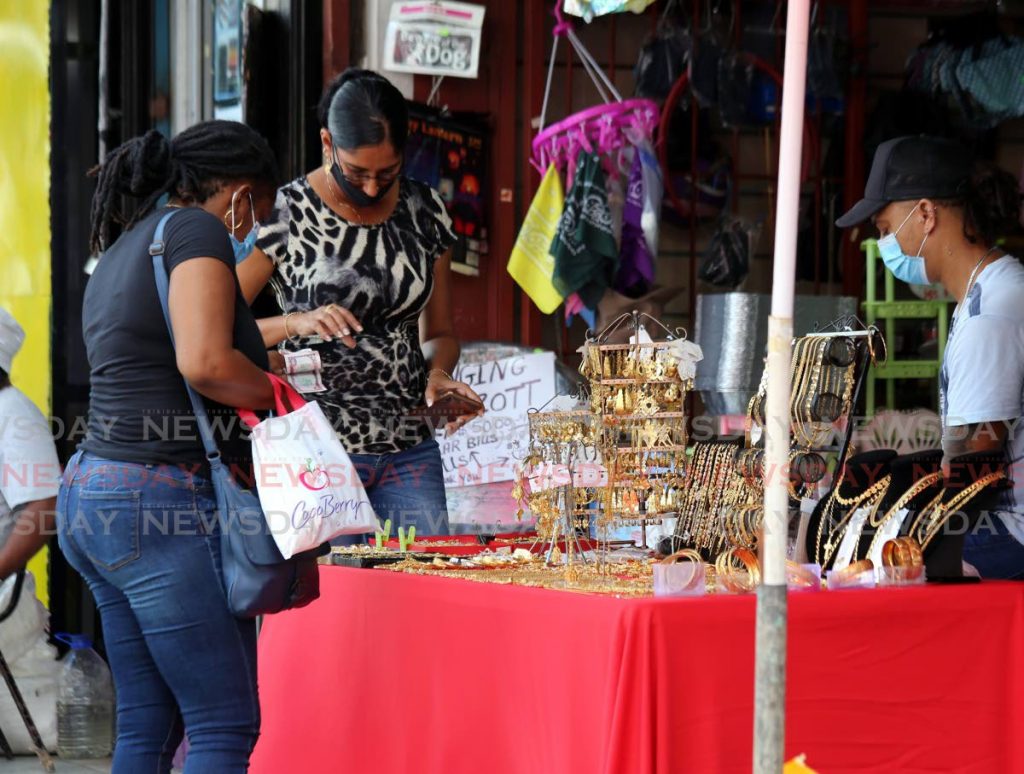[UPDATED] Arima covid19 patient spent 6 days out and about while sick

ALTHOUGH sick for a week with clear symptoms, the country’s latest covid19 case – a man who is a delivery driver – ignored standard protocols and continued to work and mingle in public before eventually feeling so ill that he checked himself into the Arima Hospital on Sunday where tests revealed he had the virus.
This ignoring of clear guidelines is a source of major concern for health officials who said at the virtual health press conference on Monday, that the 43-year-old man’s action may very well have led to an unknown number of infections.
Officials said once the positive results came in, primary contacts of the man were identified and swabbed and secondary contacts were also identified and advised to go into quarantine. The man had gone for six days without going to a hospital and contrary to public health advice, did not stay home once symptoms became clear.
Principal medical officer of epidemiology Dr Naresh Nandram said at least eight people lived with covid19 patient No. 148, one of whom is an SEA student who attends the Tacarigua Presbyterian Primary School. That school has since been closed for sanitation and contact tracing has begun.
Nandram stressed that if people are feeling sick, they must stay home. “Whether it is just a little fever or sore throat, it is either you are ill or you are not. Even if you have very minor symptoms, I encourage you to please stay home and reach out to get tested,” Nandram said.
He added that in some cases, people may have the disease but not exhibit any symptoms. With this in mind, he encouraged everyone to wear a mask once they go out in public and sanitise whenever possible. Concern has been raised over possible gaps in the contact tracing system and Nandram urged people being questioned to be as open, forthcoming and honest as possible.
Technical director of the Epidemiology Division, Dr Avery Hinds, also spoke at the press briefing and said transparency in contact tracing is one of the main concerns to bear in mind during the process.
“That is why we will ask questions, we will come back and ask again in a different way. We will provide cues to jog memory. It is sometimes quite difficult to remember all the places that people may have visited.”
Hinds said one way public health officials have tried to plug the gaps is through the hotline, where people have called in to say they may have been in contact with a person who tested positive for the virus. Nandram said the ministry intends to include serological tests to support the tests currently being done.
“What this will tell us is whether or not someone in the past, outside the testing window of the PCR (polymerase chain reaction) test, has been exposed and subsequently recovered. What the situation is likely to be in the future is that people will be subject to two tests.”
Both epidemiologists were careful not to define the latest cases – from last week to Sunday – as local spread. Hinds described these cases as “sporadic.” Doctors are still trying to find out where these new sporadic cases are coming from. Hinds and Nandram said there was not enough evidence to suggest they may have come from illegal immigrants.
“We start from where the cases are and trace backwards, while we trace outwards to limit spread. In doing so we collect information on exposures in various settings to various groups of people, and in doing so we try to find out how people are exposed.
‘We are doing so at this time, and as we do not have definitive information, we cannot give a definitive answer,” Hinds said.


Comments
"[UPDATED] Arima covid19 patient spent 6 days out and about while sick"